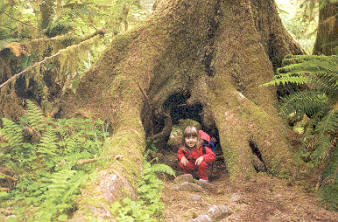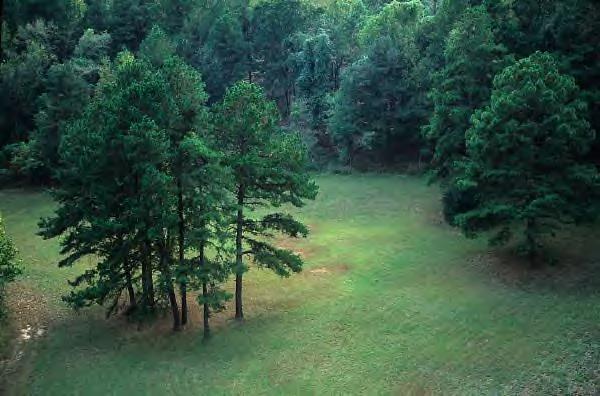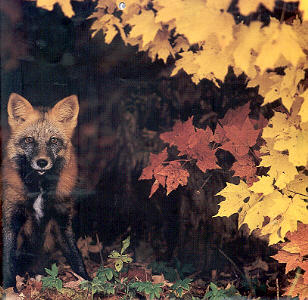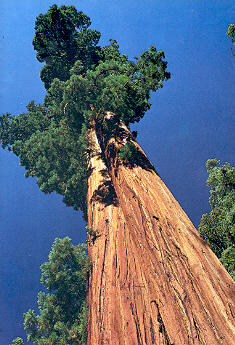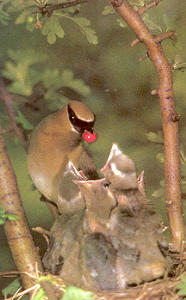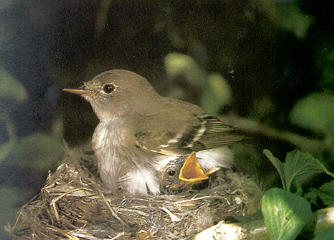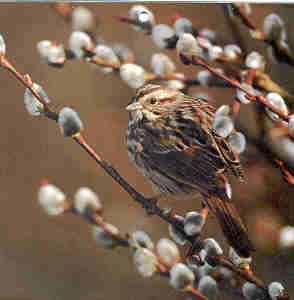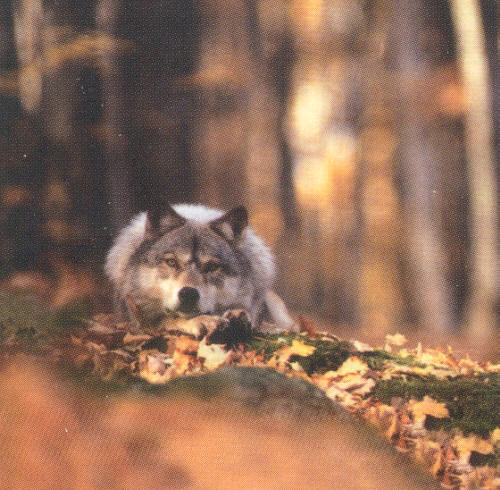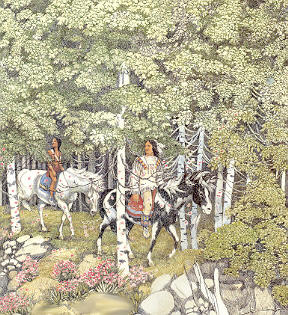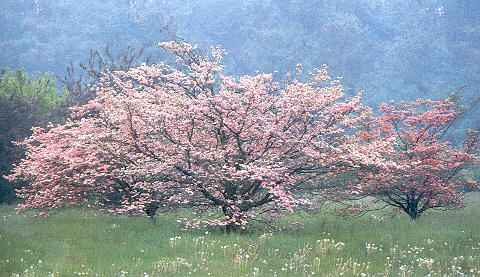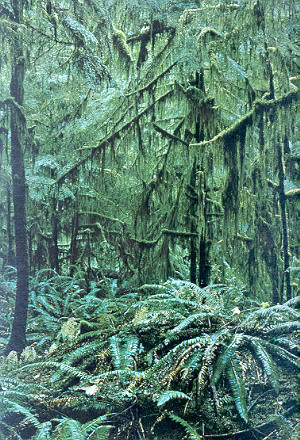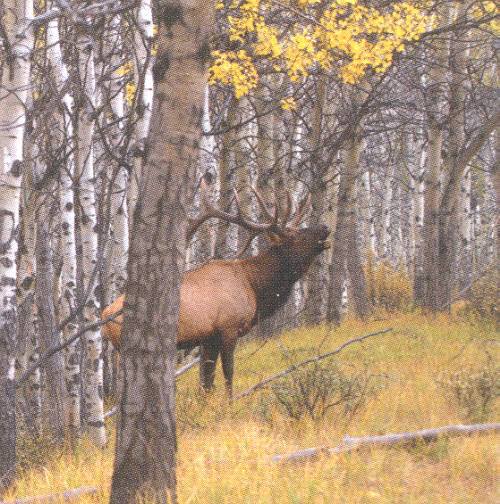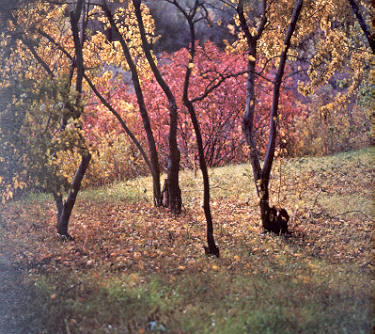When we take into account all the ecological benefits, or services, a forest provides, we have to re-evaluate the way the way we make decisions about how we manage them.
Clear-cutting an old-growth forest may provide temporary jobs and profits, as well as wood to build furniture and houses, but it also results in the release of carbon stored in the trees and soil, thus contributing to global warming, or if it wipes out the habitat of animals that is crucial to the natural order, then the short-term gains may not be worthwile.
All this does not mean that we should stop logging, it just means finding better ways to manage all our activities in the ecosystems-and it means putting a value on the very real services they provide. If we don't address the serious problems of global warming and biodiversity loss, as well as issues such as access to clean air and water, we may well join the other endangered species on the Earth.
From an article by David Suzuki
and Dr. Faisal Moola.
